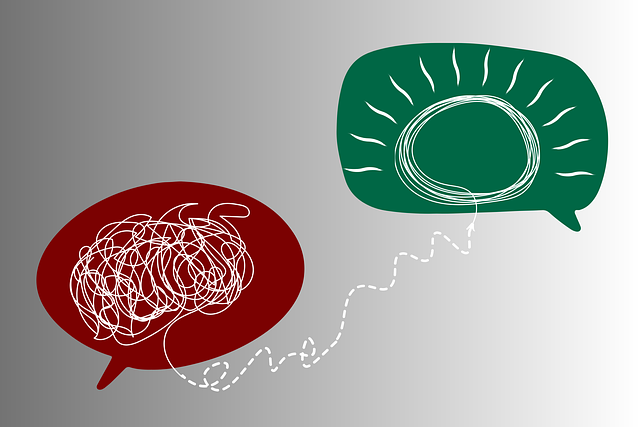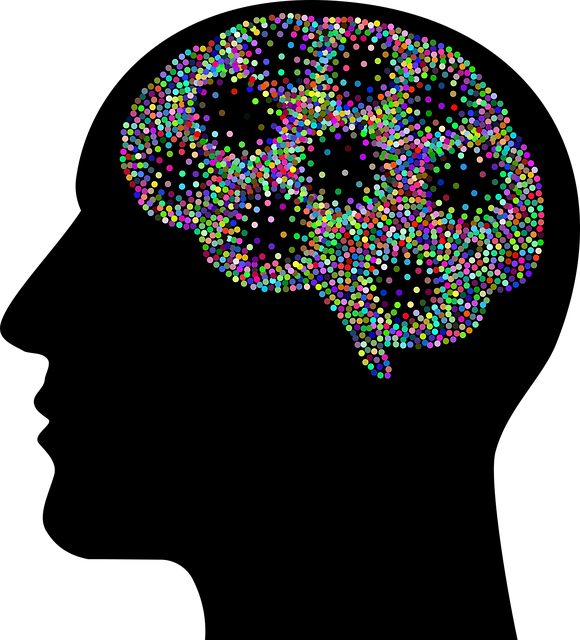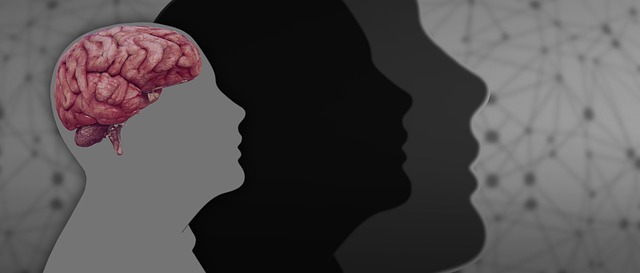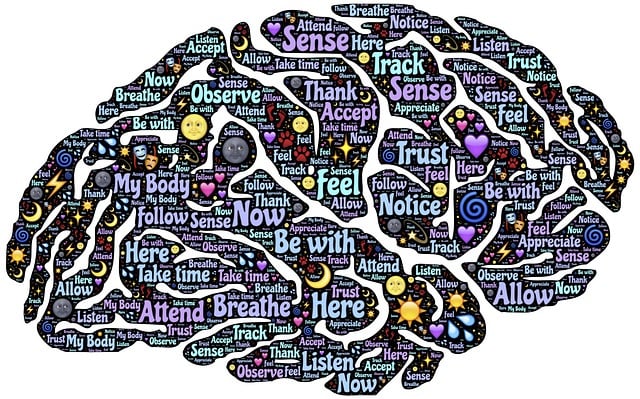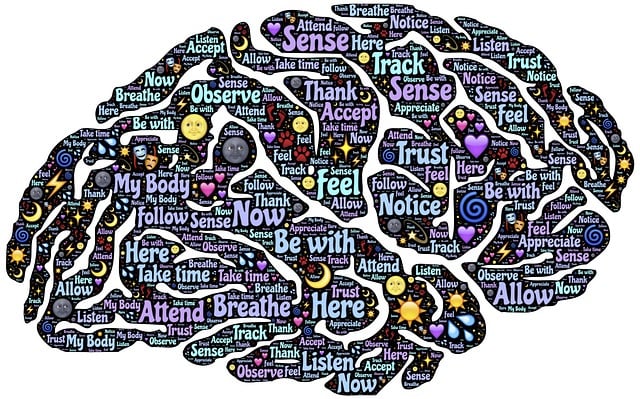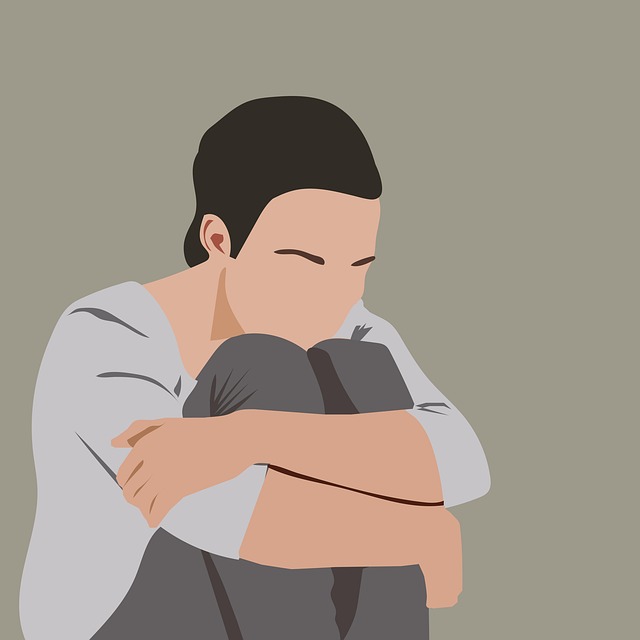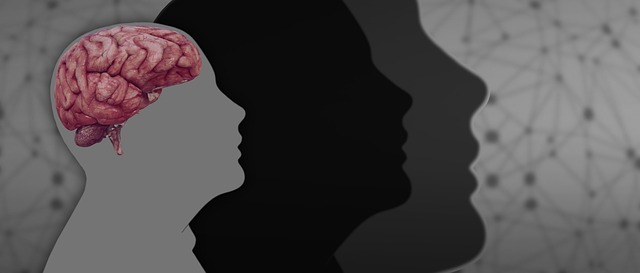Cultural competency in healthcare, as demonstrated by Boulder Couples Counseling Therapy (BCCT), is vital for bridging gaps between diverse patients and providers. BCCT integrates emotional regulation principles and Mind Over Matter campaigns to enhance services. Training should focus on diversity, engagement, interactive workshops, role-playing, case studies, and burnout prevention strategies. This proactive approach fosters empathy, cultural understanding, and effective communication, leading to improved patient care and counselor job satisfaction. By measuring effectiveness through surveys and supervision, BCCT ensures its training remains attuned to community needs, creating an inclusive and accessible healthcare system in Boulder.
Healthcare provider cultural competency training is an essential component of modern medical practice, addressing the critical need for empathetic, effective care in a diverse society. This article explores why cultural competency matters in healthcare, provides guidance on designing and implementing effective training programs, and shares real-world applications, including success stories from Boulder Couples Counseling Therapy. Discover best practices to enhance patient outcomes and foster inclusive environments.
- Understanding Cultural Competency in Healthcare: Why It Matters
- Designing Effective Training Programs for Healthcare Providers
- Implementing and Evaluating Cultural Competency Training
- Real-World Applications: Success Stories from Boulder Couples Counseling Therapy
Understanding Cultural Competency in Healthcare: Why It Matters

In the dynamic landscape of healthcare, cultural competency has emerged as a vital component to ensuring equitable and effective patient care. Understanding and respecting diverse cultural backgrounds, beliefs, and values is no longer merely a nicety—it’s a necessity. This concept transcends simple language proficiency; it involves fostering an environment where providers can navigate the intricate web of cultural nuances, promoting trust and understanding between healthcare professionals and their patients.
The relevance of cultural competency is particularly evident in communities like Boulder, known for its diverse population and progressive ethos. Local initiatives, such as those offered by Boulder Couples Counseling Therapy, reflect a growing awareness of the impact that cultural sensitivity can have on mental health services. Public Awareness Campaigns Development, centered around Mind Over Matter Principles, emphasizes the importance of Emotional Regulation within a multicultural context. By integrating these principles into healthcare training, professionals can better serve their communities, fostering a more inclusive and accessible healthcare system.
Designing Effective Training Programs for Healthcare Providers

Effective training programs for healthcare providers must be multifaceted and engaging to ensure they resonate with a diverse range of practitioners. Incorporating interactive workshops, role-playing scenarios, and case studies related to real-world challenges faced by Boulder Couples Counseling Therapy professionals can enhance learning. These methods allow providers to apply concepts directly to their practice, fostering emotional regulation and effective crisis intervention skills crucial for navigating high-stress situations.
Moreover, integrating burnout prevention strategies for healthcare providers is essential within these programs. By acknowledging the unique demands of the profession, training can offer practical tools for self-care and resilience. This holistic approach not only benefits individual practitioners but also contributes to a healthier and more sustainable workforce, ultimately enhancing patient care across the board.
Implementing and Evaluating Cultural Competency Training

Implementing cultural competency training is a proactive step toward creating a more inclusive healthcare environment, especially in diverse communities like Boulder, where Couples Counseling Therapy services are in demand. At the core of this training lies the development of empathy, a powerful tool to bridge cultural gaps. Therapists learn to recognize and appreciate unique personal experiences, fostering deeper connections with clients from various backgrounds. This involves understanding cultural norms, values, and beliefs that might influence communication styles and perspectives on health and wellness.
Evaluating the effectiveness of such training is crucial to ensure its longevity and positive impact. Assessments can include pre- and post-training surveys to gauge therapists’ cultural awareness and confidence in handling diverse client populations. Additionally, regular supervision sessions can provide a platform for discussing case studies, sharing insights, and refining empathy-building strategies, like those used in stress reduction methods and conflict resolution techniques. This ongoing process allows practitioners to stay attuned to the evolving needs of their community, ensuring that Boulder Couples Counseling Therapy services remain sensitive and effective.
Real-World Applications: Success Stories from Boulder Couples Counseling Therapy

Boulder Couples Counseling Therapy (BCCT) serves as a prime example of how cultural competency training can be successfully implemented and measured in a real-world setting. By integrating Burnout Prevention Strategies for Healthcare Providers, BCCT has transformed their approach to patient care. Counselors are now equipped with Coping Skills Development techniques that not only benefit their own well-being but also significantly enhance the quality of therapy they provide. The result is a more inclusive and effective Mental Health Education Programs Design, tailored to meet the diverse needs of Boulder’s community.
Through ongoing training sessions, BCCT has fostered an environment where therapists can openly discuss cultural biases and learn adaptive strategies. This proactive approach has led to improved patient outcomes and increased job satisfaction among counselors, preventing Burnout Prevention Strategies for Healthcare Providers from taking a toll on their mental health. The success of BCCT underscores the importance of translating theoretical knowledge into practical applications, making cultural competency training an integral part of healthcare provider education and development.
Cultural competency training is a powerful tool for healthcare providers, fostering better patient care and outcomes. By understanding diverse cultural perspectives, as demonstrated by the success of Boulder Couples Counseling Therapy’s initiatives, professionals can create more inclusive environments. Implementing effective training programs that cater to various cultural needs is essential in today’s diverse society. Continuous evaluation ensures these programs remain impactful and relevant, ultimately revolutionizing healthcare delivery for all.



